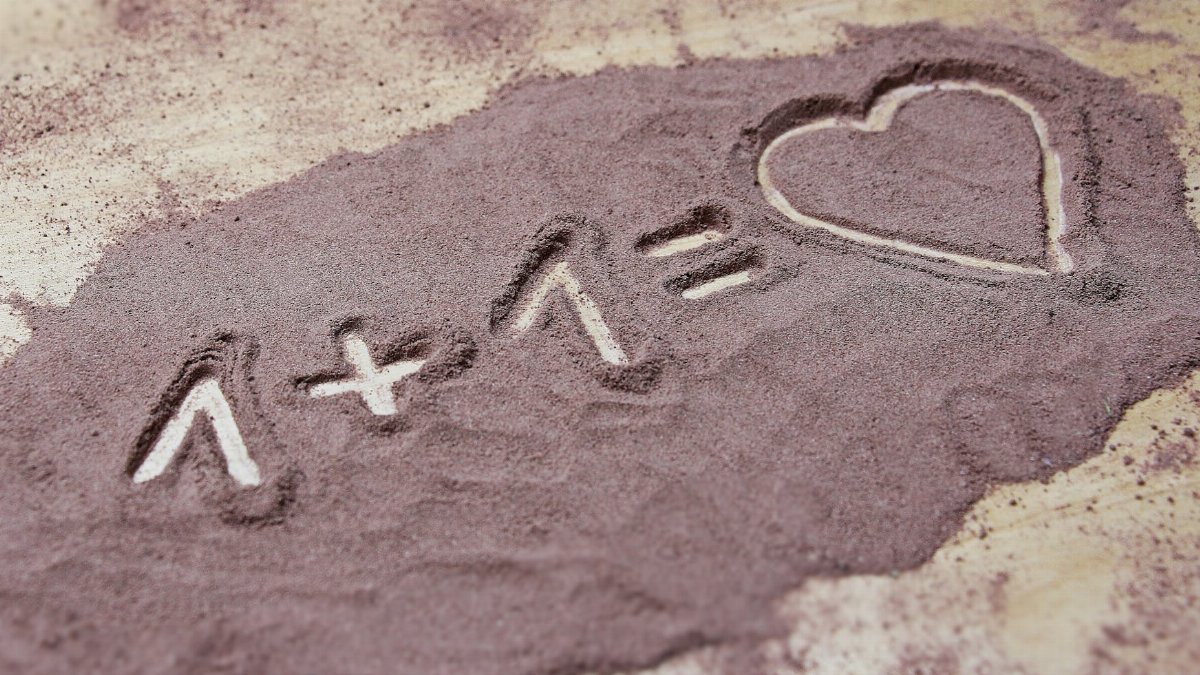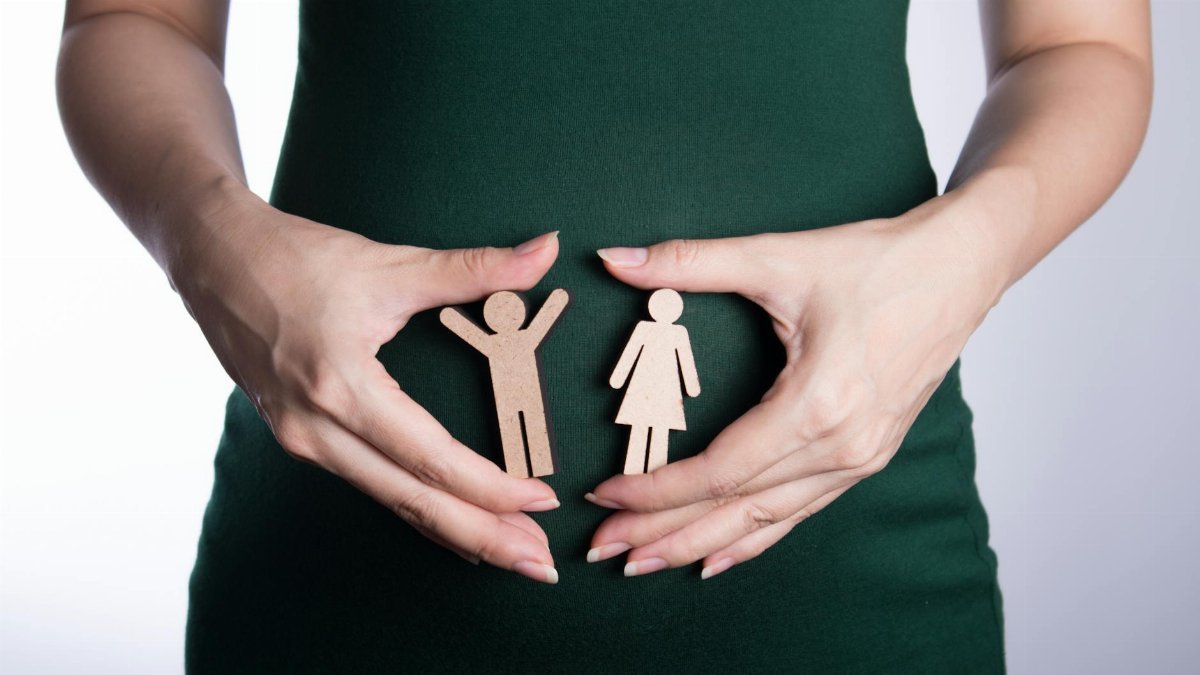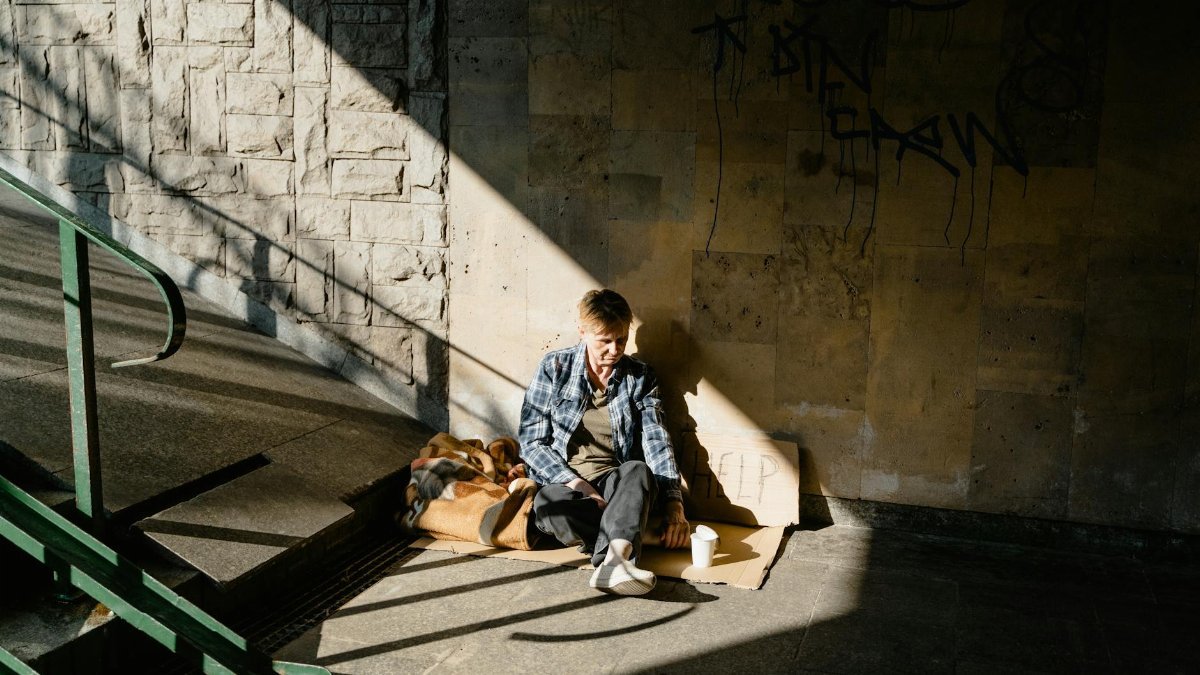Walk into any coffee shop in Portland or a yoga studio in Austin these days, and you might overhear hushed conversations about trauma, healing, and the invisible threads tying past to present. There’s a growing curiosity about how ancestral patterns—those unspoken legacies of pain, resilience, or behavior passed down through generations—shape the way we love today. And tucked within this exploration is a quieter, yet powerful, idea: mind-body healing. For many, it’s becoming a bridge to understanding and mending these inherited wounds. As Americans grapple with stress and disconnection in 2025, this approach offers a way to look inward, not just at personal history, but at the physical and emotional echoes of those who came before. How do these old patterns show up in modern relationships? And can confronting them through holistic practices truly change the way we connect?
1. The Weight of Unspoken Grief

Generational grief often lingers like a shadow in family stories, even if it’s never named. Think of a great-grandparent who survived loss during the Great Depression, their sorrow buried under the need to keep going. That unprocessed pain can manifest today as a partner’s fear of vulnerability, a reluctance to trust. Mind-body healing offers tools like somatic therapy to release stored emotions. As the National Institutes of Health notes, trauma can alter gene expression across generations. Feeling the body’s tension—through breathwork or guided movement—can help identify what’s not just personal, but inherited. One woman shared in an anonymous online reflection how she felt a “tight chest” whenever discussing commitment, only realizing later it mirrored her grandmother’s stories of abandonment. Such awareness often marks the first step to breaking the cycle.
2. The Fear of Scarcity in Love

“There’s never enough”—a mantra born from ancestors who endured war or famine—can seep into how we approach intimacy. It might look like clinging to a partner out of fear they’ll leave, or hoarding emotional energy instead of sharing it. Practices in mind-body healing, such as mindfulness meditation, encourage a shift from scarcity to abundance. Research from the American Psychological Association highlights how meditation rewires stress responses, often tied to ancestral fears. Imagine sitting quietly, noticing the impulse to control a relationship, and tracing it back to a family narrative of loss. That moment of clarity can loosen the grip of old patterns, allowing space for trust. It’s not instant, but it’s a start.
3. The Armor of Self-Reliance

Ancestors who had to fend for themselves—think pioneers or immigrants—often passed down a fierce independence. In love, this can translate to walls built high, a refusal to lean on a partner. “I don’t need anyone,” a man in his forties admitted during a community wellness workshop, echoing his father’s stoic silence after a factory layoff. Mind-body healing, through practices like yoga, invites a softening. Studies from Harvard Medical School show yoga reduces cortisol, the stress hormone, helping dismantle defensive postures—both physical and emotional. Stretching into a vulnerable pose on the mat can mirror opening up off it. Over time, this can reshape how inherited self-reliance blocks connection.
4. The Echo of Gender Roles

Old expectations around gender—men as providers, women as caretakers—still ripple through modern relationships, even in progressive circles. A partner might feel compelled to “fix” everything, driven by an unseen script from decades past. Mind-body healing approaches like body scanning help uncover where these roles lodge as tension. Feeling a clenched jaw when asking for help might tie back to a grandfather’s insistence on strength. The Pew Research Center reports evolving views on gender norms, yet many still wrestle with ingrained patterns. Pairing physical awareness with dialogue can challenge these scripts, letting couples redefine roles together. It’s messy work, but it’s grounding.
5. The Cycle of Silent Conflict

Families who avoided tough conversations—perhaps to keep peace during hardship—often leave descendants ill-equipped for healthy disagreement. In love, this might mean shutting down during arguments, a body freezing as if bracing for worse. Somatic experiencing, a mind-body healing technique, focuses on releasing that freeze response. Practitioners guide individuals to notice physical cues, like a racing heart, and gently move through them. Research supported by institutions like the NIH suggests trauma responses can be inherited epigenetically, but they can also be unlearned. Picture a couple learning to pause, breathe, and name their discomfort instead of retreating. That shift, though subtle, can rewrite a legacy of silence into one of dialogue.
6. The Hunger for Validation

Ancestors who faced rejection or struggled for belonging—whether due to migration or societal exclusion—can pass down a deep need for approval. In relationships, this might surface as seeking constant reassurance, a fear of not being “enough.” Mind-body healing encourages grounding practices, like placing a hand over the heart during meditation to self-soothe. Studies from Harvard Health show self-compassion practices reduce anxiety tied to external validation. One person recalled feeling a “hollow ache” when their partner didn’t text back, later connecting it to stories of a parent’s struggle for acceptance. Recognizing that link through mindful reflection can slowly rebuild inner security, lessening the weight of inherited longing.
7. The Burden of Unmet Dreams

What happens when ancestors’ aspirations—becoming a doctor, owning land—were thwarted by circumstance? Their unmet dreams can become silent pressures, pushing descendants to overachieve or fear failure in love. A partner might sabotage closeness, fearing it distracts from “proving” themselves. Through mind-body healing, guided imagery can help visualize releasing these burdens. Imagine closing your eyes, picturing a heavy suitcase of expectations, and setting it down. Research from the American Psychological Association supports imagery’s role in reducing stress. This practice doesn’t erase history, but it can lighten its load, freeing space for relationships rooted in presence rather than inherited ambition.
8. The Pattern of Sacrifice

Many ancestors prioritized survival over joy, sacrificing personal needs for family or duty. Today, that can look like neglecting self-care in love, always putting a partner first. Mind-body healing invites balance through practices like tai chi, which emphasize harmony between self and other. Feeling the slow, deliberate movements can mirror setting boundaries—gentle but firm. Data from the CDC underscores how movement boosts mental well-being, countering self-neglect. It’s a quiet rebellion against a lineage of sacrifice, teaching that love doesn’t demand erasure of self. Over weeks, this shift can feel like reclaiming lost ground.
9. The Fear of Betrayal

Stories of infidelity or broken trust in family histories can seed a wariness that haunts modern bonds. A partner might read betrayal into small slights, their body tensing at perceived threats. Mind-body healing, particularly through breathwork, helps calm hypervigilance. Slow, deep breaths signal safety to the nervous system, as research from Harvard Medical School confirms. One person described feeling their shoulders drop during a guided session, realizing their distrust echoed a great-aunt’s whispered warnings. That physical release often paves the way for emotional openness, letting love breathe freer from ancestral fears.
10. The Path to Rewriting Legacies

Breaking free from ancestral patterns isn’t about rejecting the past—it’s about choosing what to carry forward. Mind-body healing offers a toolkit, from journaling physical sensations to moving through trauma with dance therapy. In 2025, as more Americans turn to holistic wellness, these practices feel less fringe and more vital. They allow couples to name inherited habits, feel their weight in the body, and release what no longer serves. It’s not a cure-all; some patterns run deep. Yet, each small step—whether a shared meditation or a moment of raw honesty—builds a new story. Relationships become less about repeating history and more about crafting a legacy of healing, one mindful choice at a time.
